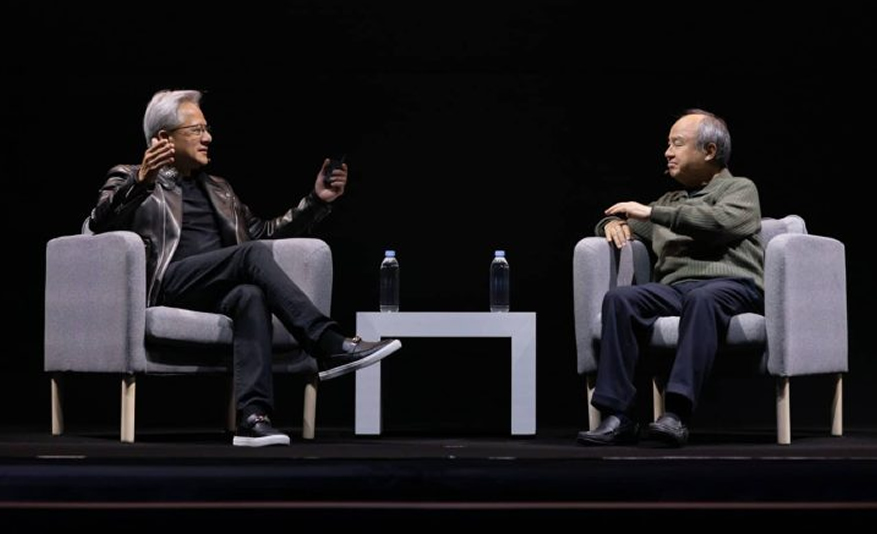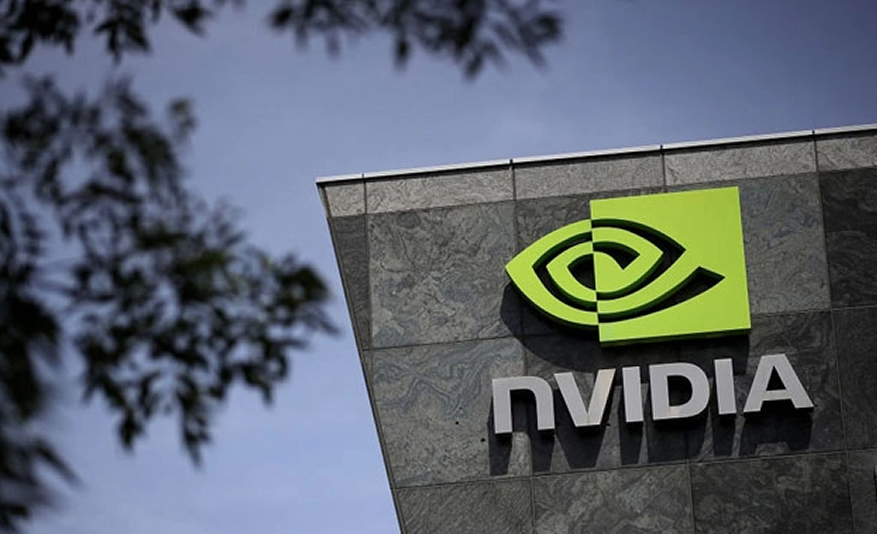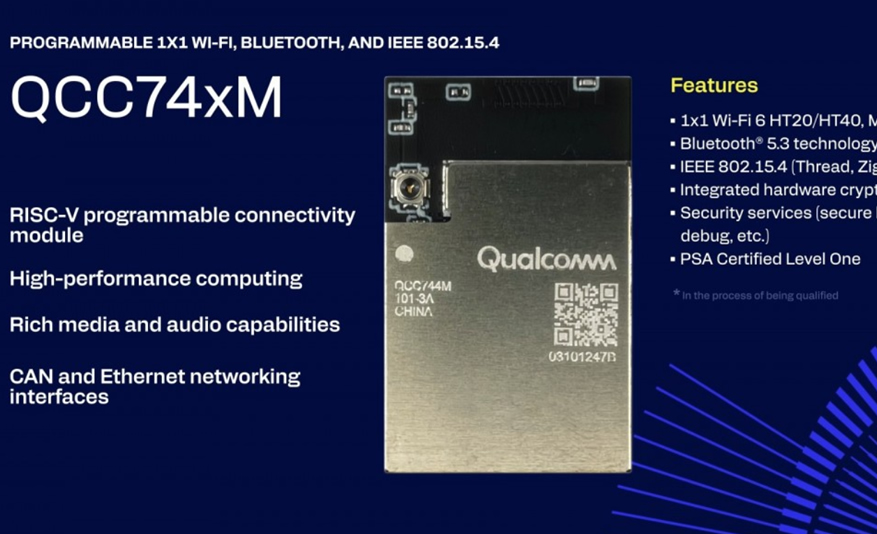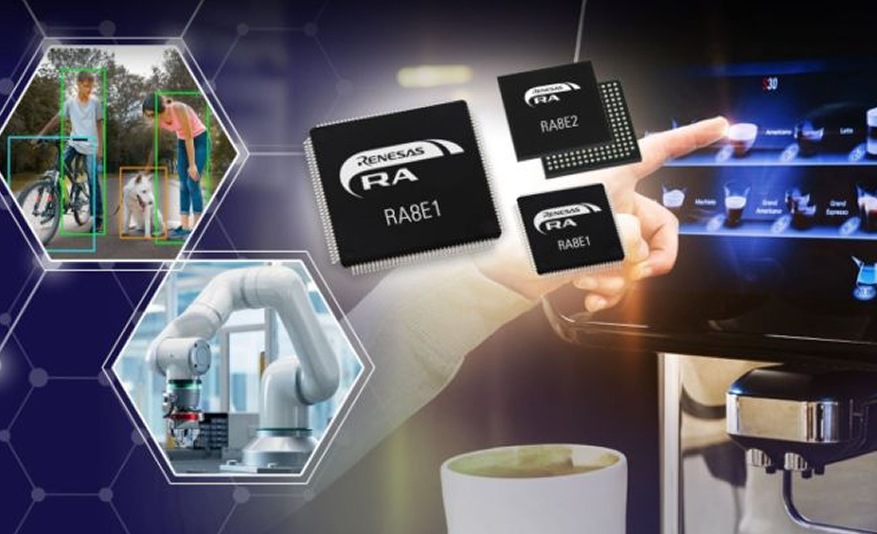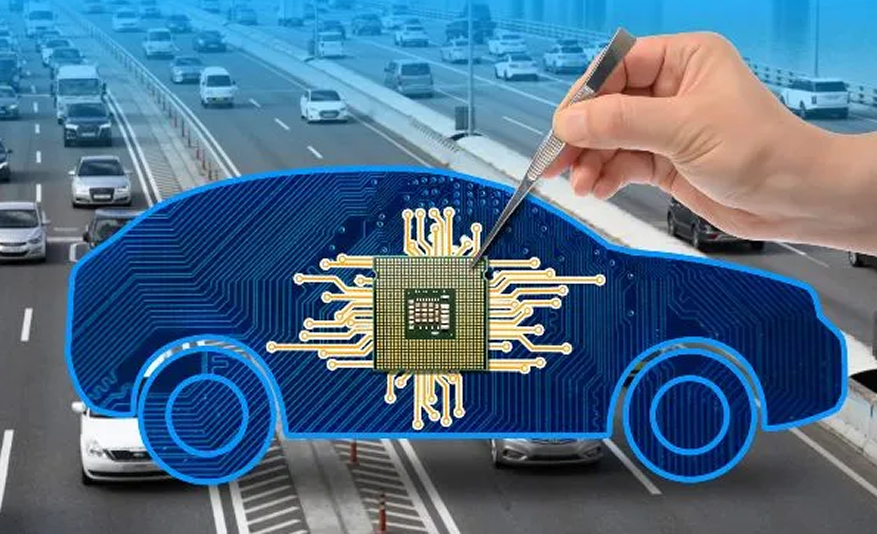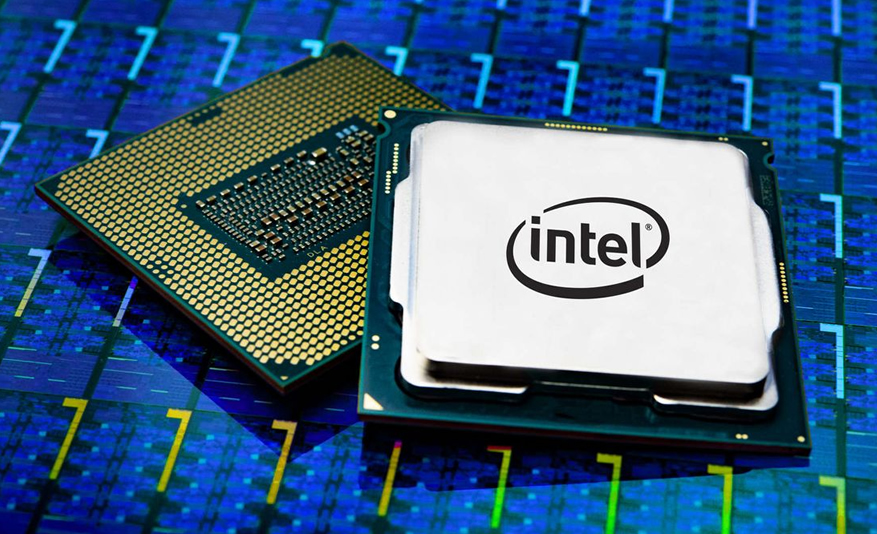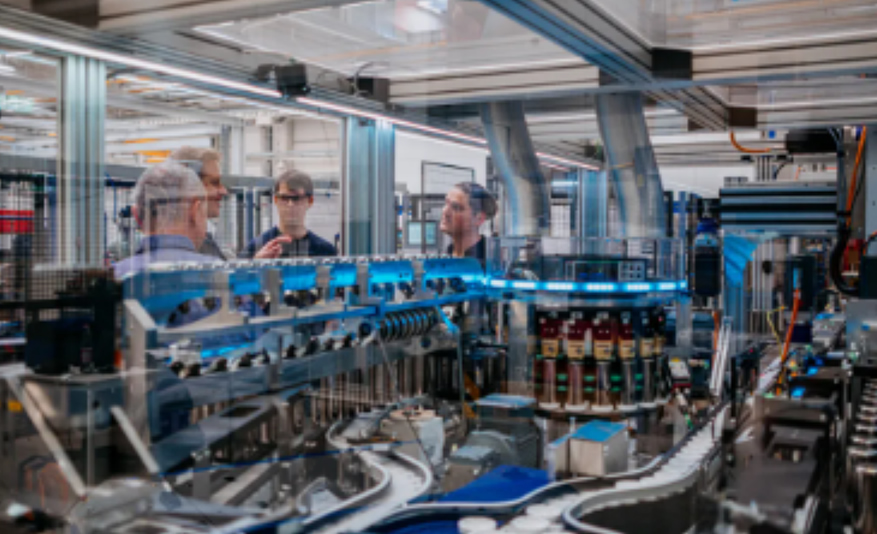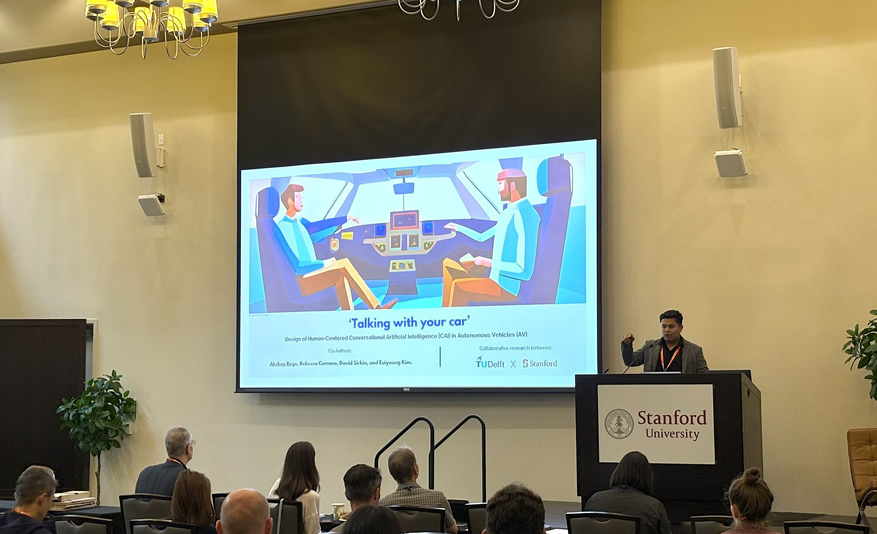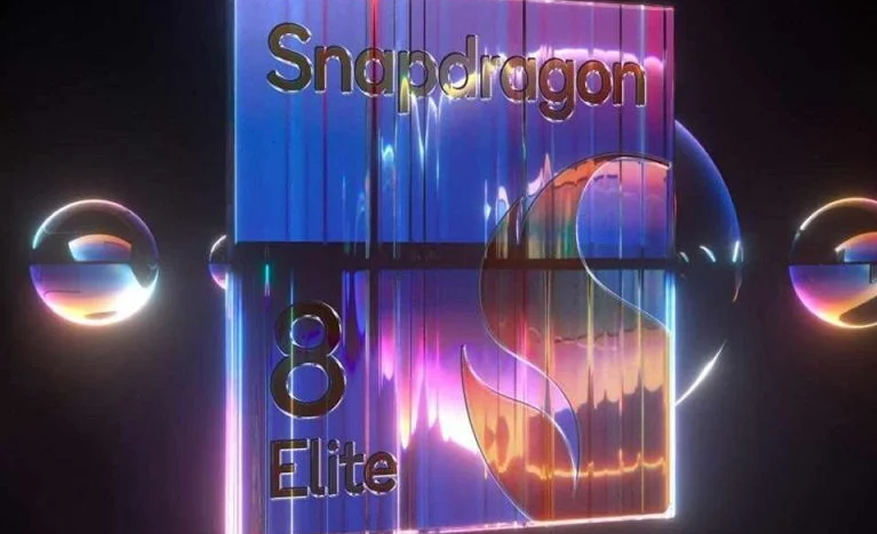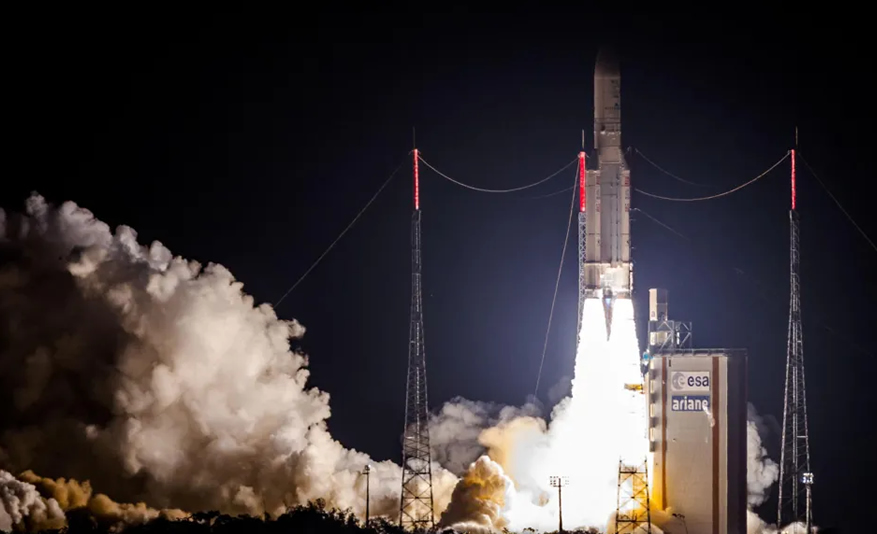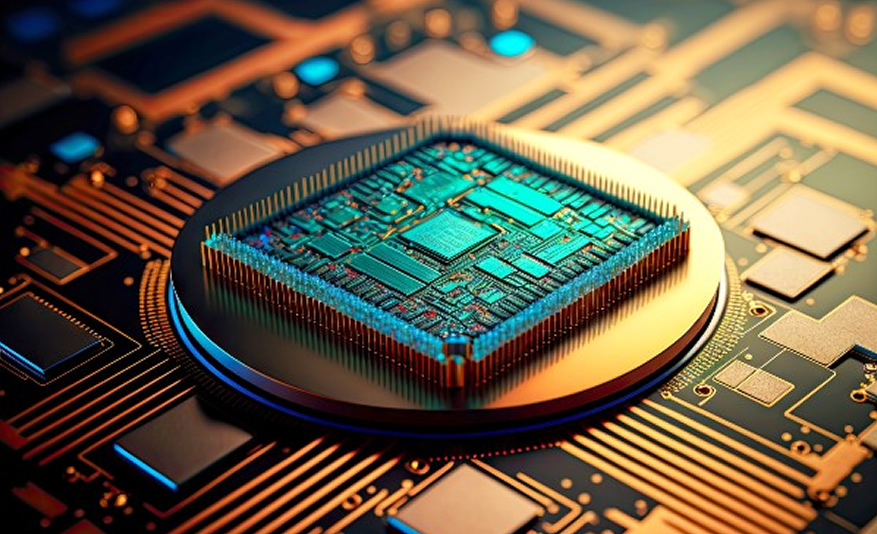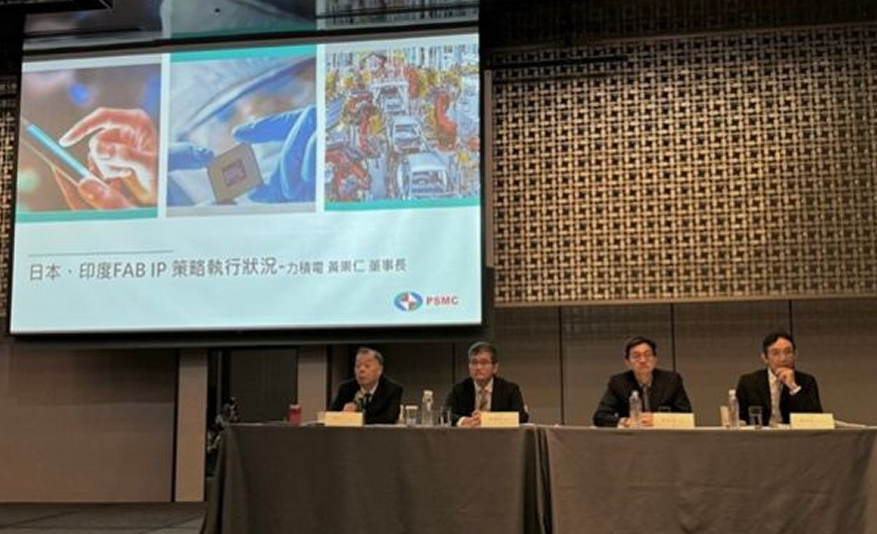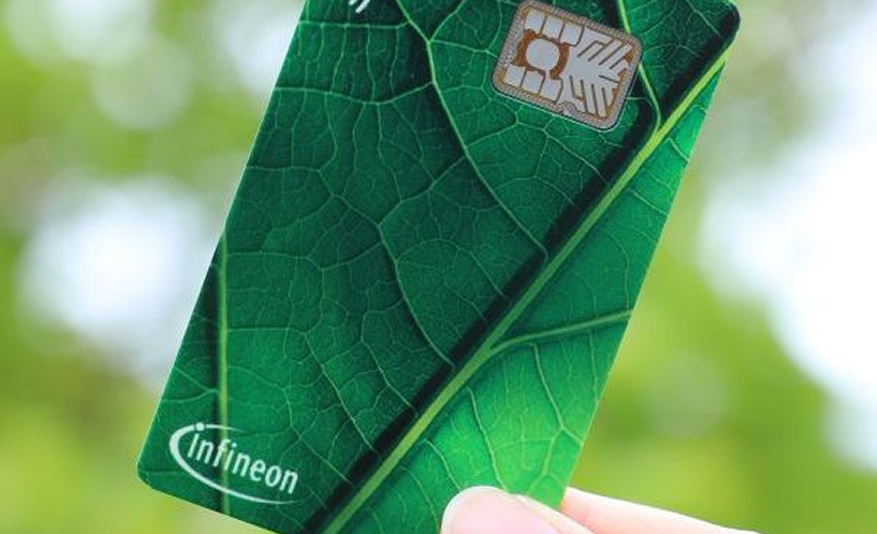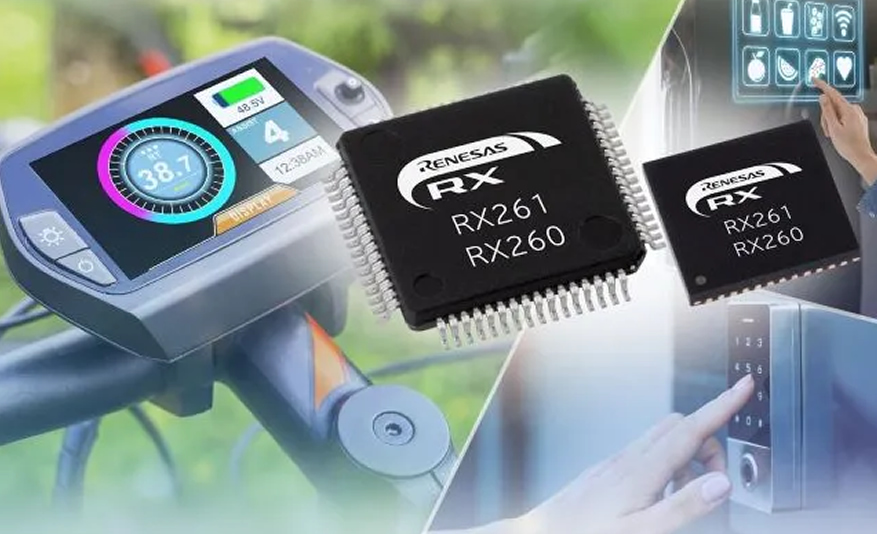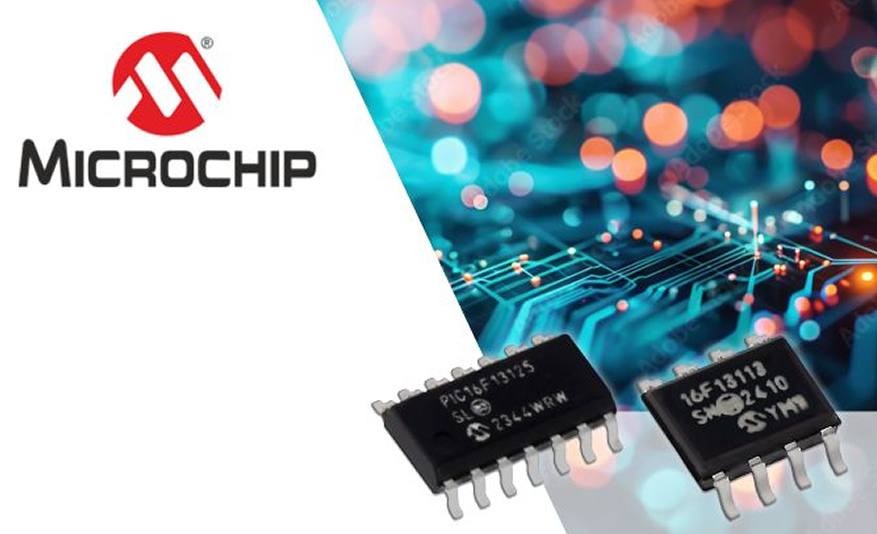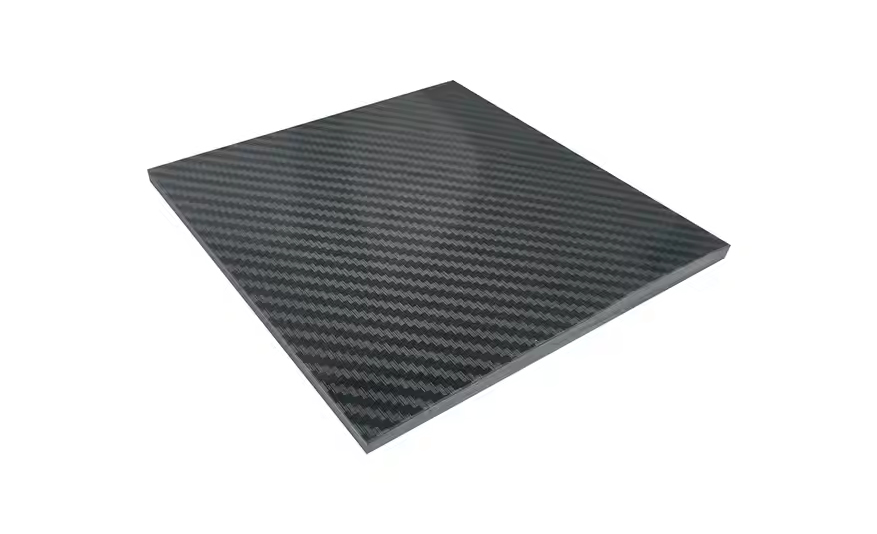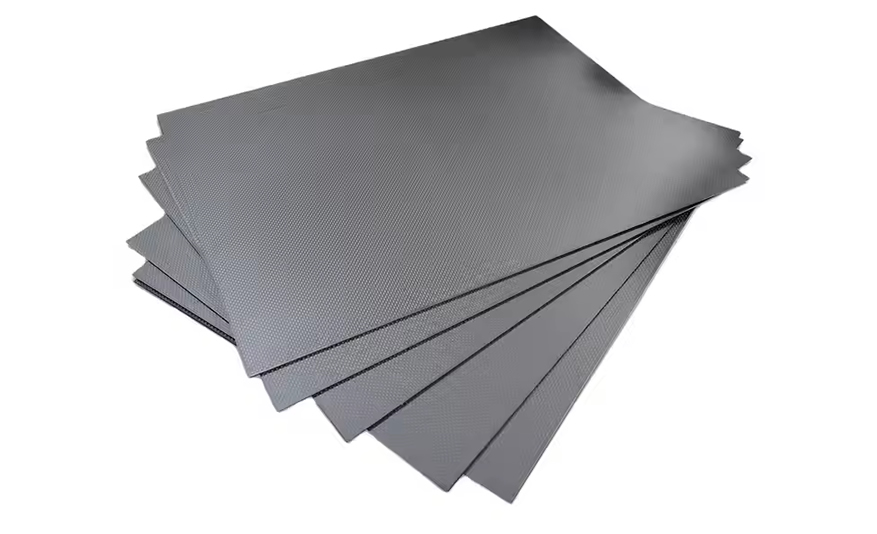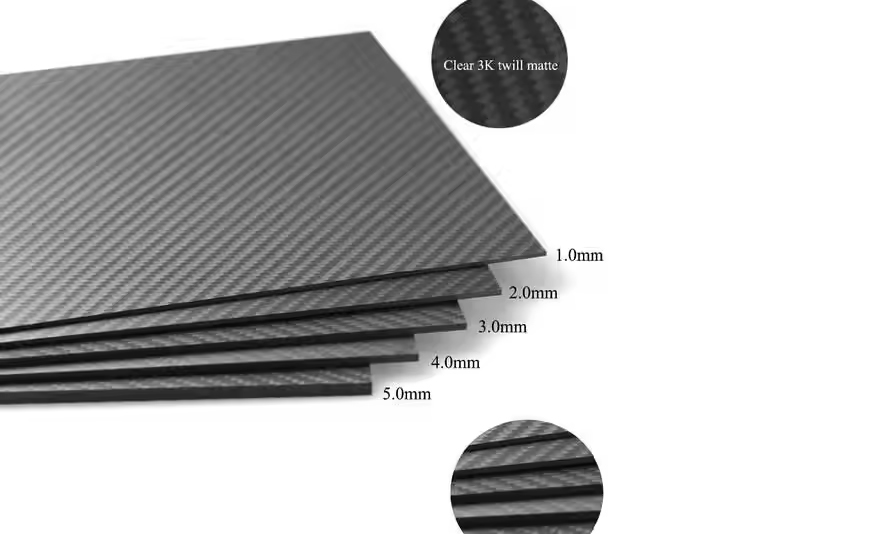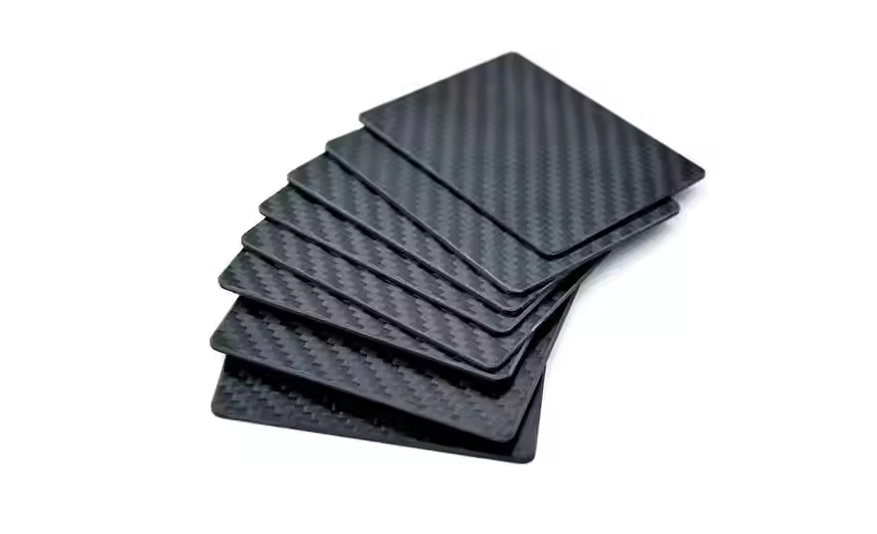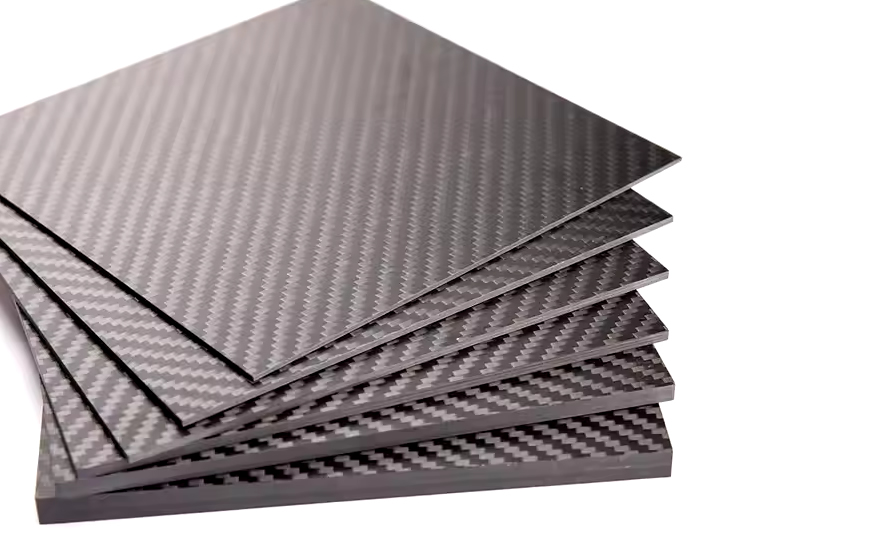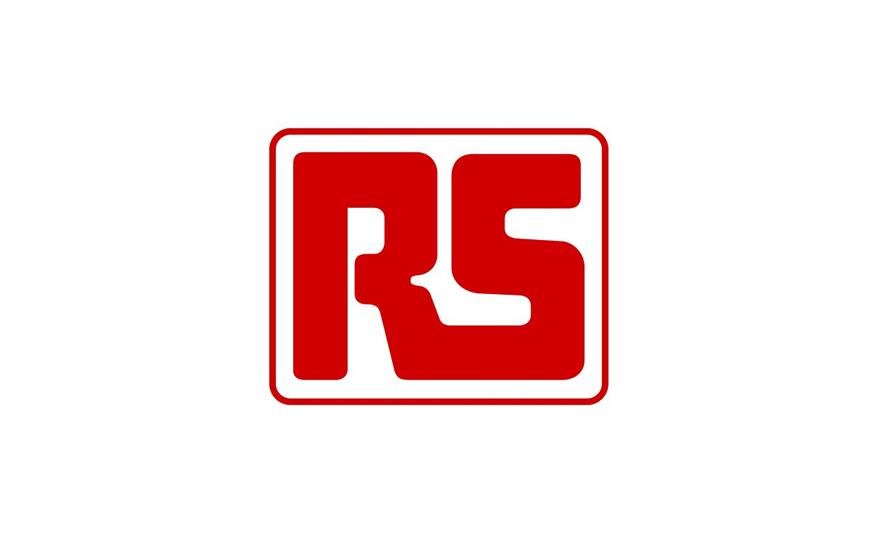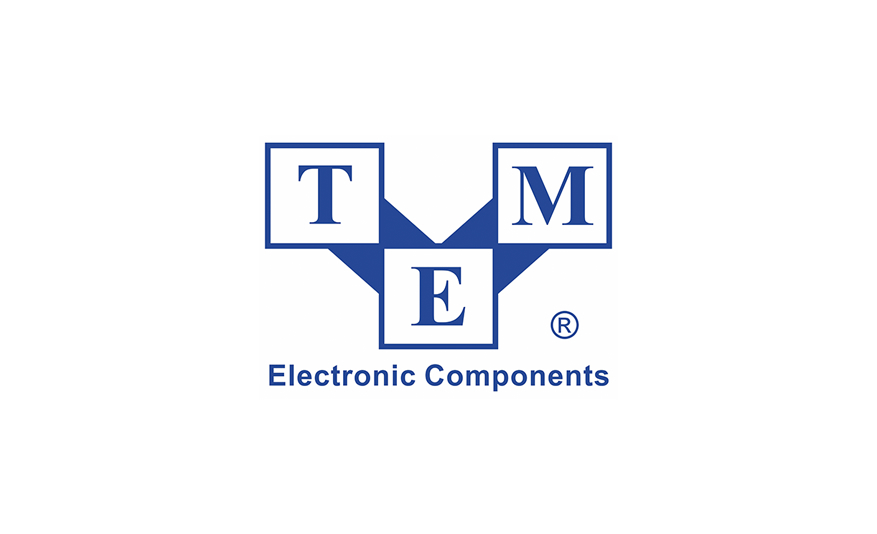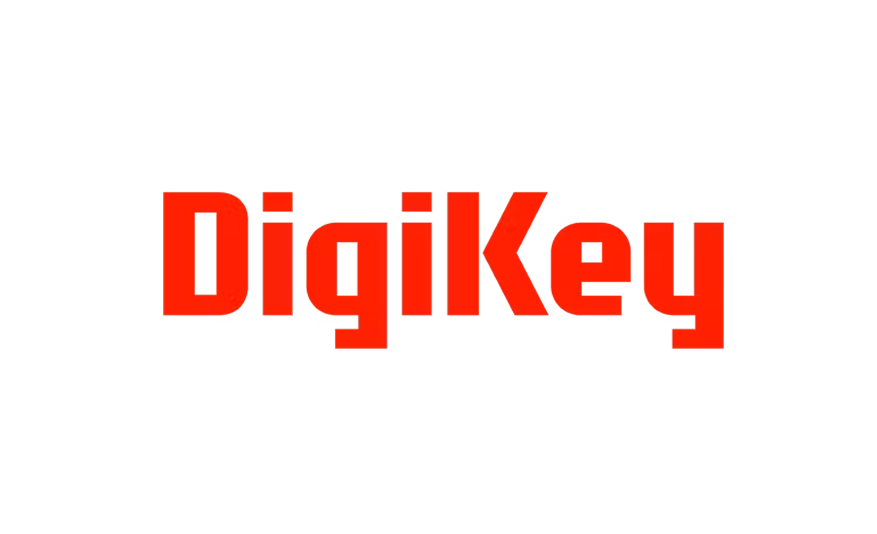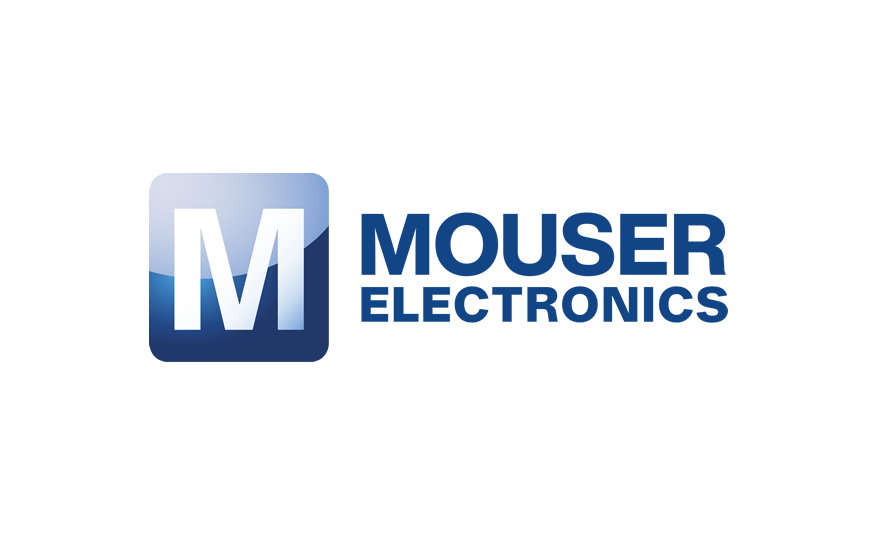When a Canadian research firm found that Huawei Technologies’ multi-chiplet artificial intelligence (AI) processor Ascend 910B contained dies made by Taiwan Semiconductor Manufacturing Company (TSMC), it shed light on possible loopholes in US sanctions and China’s persistent efforts to access advanced foundry technologies, according to analysts.
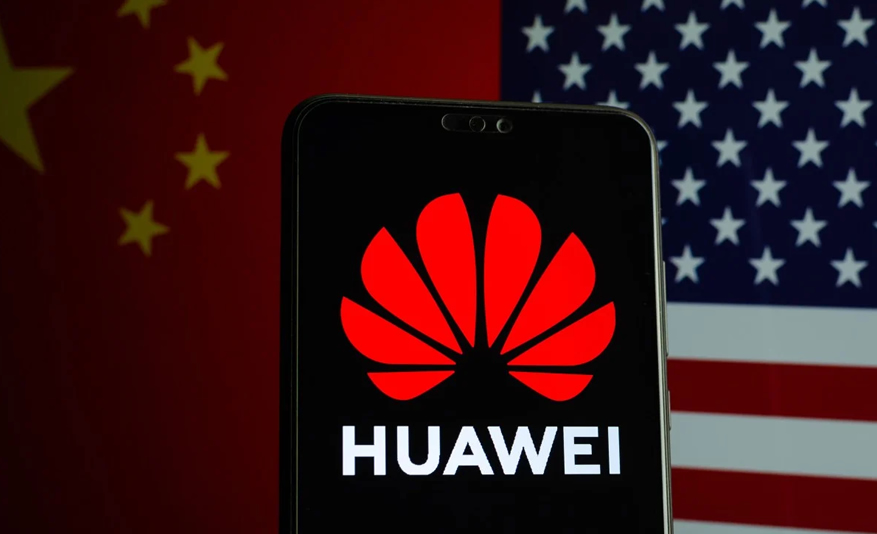
“US long-arm sanctions on China’s semiconductor sector have proven to be porous,” said Arisa Liu, a research fellow and director at the Taiwan Institute of Economic Research.
The discovery has caused a scramble to find explanations for what happened. TSMC has since halted shipments to an unnamed customer after discovering one of its chips supplied to the client ended up in a Huawei product, Reuters reported on Wednesday. The chip maker also notified the US government and Taiwanese authorities about the incident, a possible breach of US export controls, according to Taiwan official media.
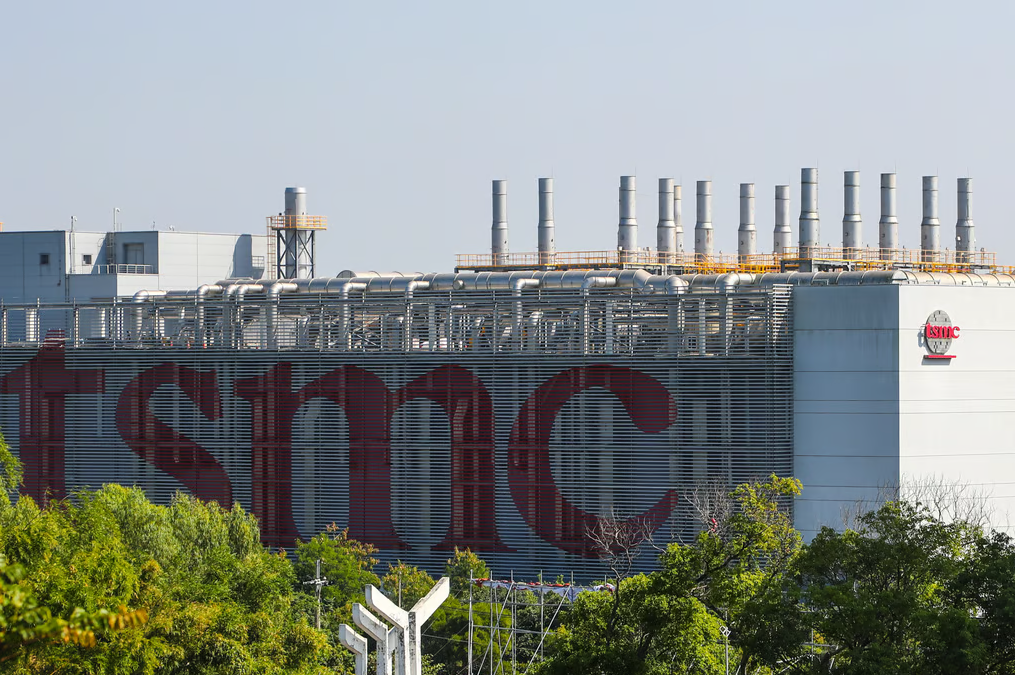
In a previous statement, TSMC said it has not supplied Huawei since September 2020. Huawei said it has not “produced any chips via TSMC after the implementation of the amendments made by the US Department of Commerce to its [foreign direct product rule] that targeted Huawei in 2020”.
For now, there are more questions than answers. The duration, size and scope of the suspected customer’s cooperation with TSMC remain unknown. The customer’s relationship with Huawei, or whether it has any relationship with the Chinese telecoms equipment maker at all, is also unknown. It is not certain whether the TSMC dies found by TechInsights made their way into Huawei hardware via the same customer.Whether Huawei had access to TSMC’s advanced foundry capacity directly or through indirect proxies, it is a sign that the strict US semiconductor restrictions targeting the Chinese national champion are compromised, analysts say.
The TechInsights finding has largely gone unreported in official Chinese media, although several social media accounts translated and cited foreign media reports.
As Huawei’s Ascend chips have risen to become China’s premier AI-focused semiconductors, they are now at the heart of the country’s self-sufficiency drive. As of this year, the Ascend ecosystem has 40 hardware partners, 1,600 software partners and 2,900 AI application solutions, according to Huawei. Huawei first released the Ascend 910 chip in 2019, four months after the company was added to a US trade blacklist, and it has since kept its capabilities close to its chest. The company never officially released the 910B. Instead, the product just appeared unannounced on the mainland in 2023, quickly becoming the most popular alternative to Nvidia products.
Industry insiders said the incident implies that China still faces difficulty in advanced chip-making, and it remains extremely hard for China to make progress in the sector without foreign technologies or tools such as extreme ultraviolet lithography machines from Dutch supplier ASML.
Huawei surprised the market last year with a smartphone powered by a 7-nanometre chip, which a TechInsights teardown report later found was manufactured by Semiconductor Manufacturing International Corporation. The Mate 60 Pro marked Huawei’s return to the 5G handset market, and patriotic fervour spurred sales of the device and the following flagship, the Pura 70.


